Product Consultation
Your email address will not be published. Required fields are marked *
As a functional fiber material with thermal bonding properties, low-melt FDY yarn has been widely used in modern textile and composite fields. Its uniqueness lies in its certain low-temperature melting characteristics, which can achieve thermal bonding with other fibers or materials within a set range, thus forming a composite material with a strong structure and uniform performance. However, in the actual production and application process, the influence of changes in processing temperature on its mechanical properties cannot be ignored. To ensure the stability and controllability of the product, it is necessary to deeply explore the performance of low-melt FDY yarn under different processing temperature conditions.
In the textile production process, low-melt FDY yarn is often used for the core layer or bonding point of hot melt bonding. Therefore, its mechanical properties must maintain a good balance in a certain temperature fluctuation. On the one hand, if the temperature is too low, the fiber cannot be effectively softened, and the thermal bonding is insufficient, which will affect the overall structural strength of the final product. On the other hand, too high a temperature may cause excessive melting of the fiber, resulting in surface adhesion, strength reduction or deformation of the finished product. Especially in high-speed processing or hot pressing molding processes, the temperature control accuracy directly affects the fiber's extension strength, elongation at break and resilience.
It is worth noting that low-melt FDY yarn has been stretched and heat-set during its production process, so that it has a certain tensile strength and dimensional stability under normal conditions. At a processing temperature close to its set melting point, the molecular chains inside the fiber begin to loosen and release some stress outward. At this time, if the temperature is reasonably controlled, a good bonding structure can be achieved by applying external pressure or combining with other materials, while retaining appropriate mechanical support. This process plays a key role in the strength, durability and elasticity of the final product.
The application scenarios of different industries have different requirements for fiber performance. In clothing and home textiles, more attention is paid to its softness and composite bonding ability; while in industrial fabrics, filter materials or automotive interiors, more attention is paid to its hot pressing strength and structural consistency. Therefore, when selecting low-melt FDY yarn, in addition to the melting point setting, more attention should be paid to its tensile force retention rate within the target temperature range, stress response at break, and whether the performance changes during thermal cycling are stable.
Experiments and practical experience show that through the control of the polymer structure with a reasonable ratio, high-quality low-melt FDY yarn can maintain a certain structural toughness and ductility within a relatively tolerant temperature range, and is not prone to sudden performance drops. This controllability makes it more suitable for continuous and automated thermal bonding processes, especially for hot air bonding, hot rolling bonding or thermal composite molding.
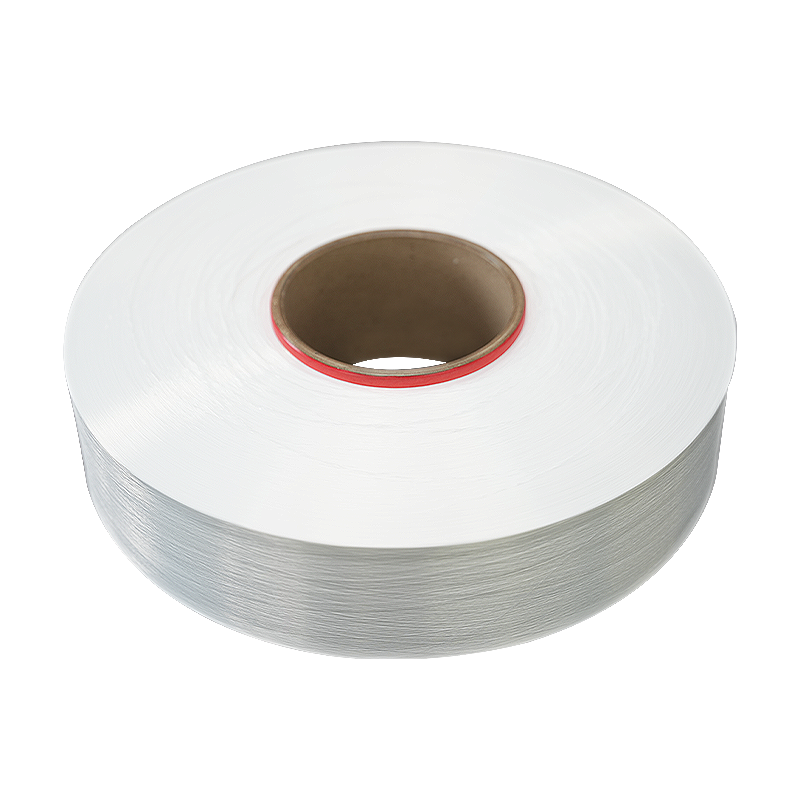
After using Bi-component FDY Yarn for a long time, is it easy to break, deform, etc.?
2025-04-08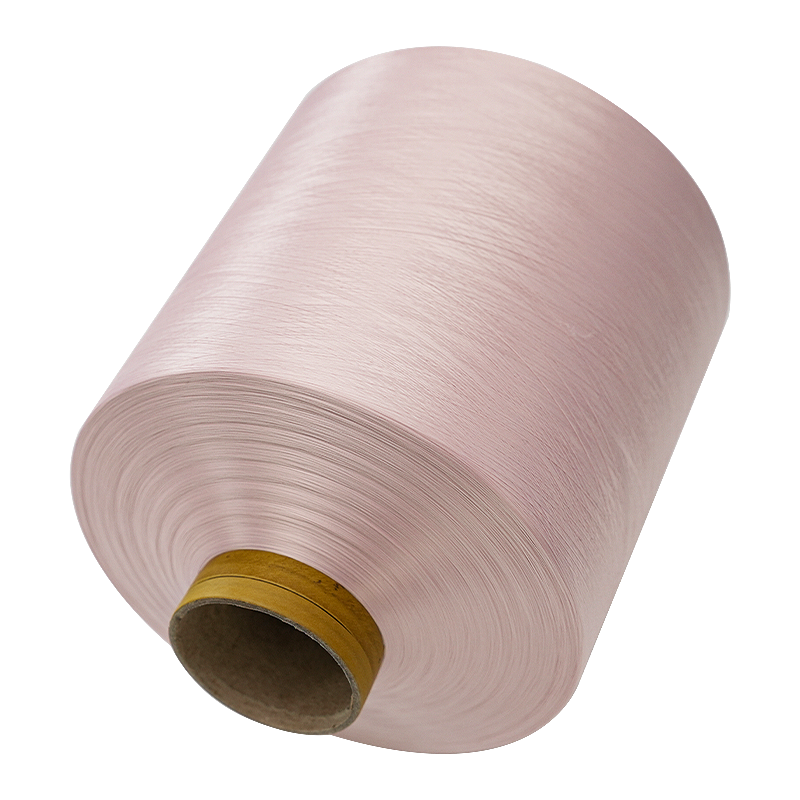
Will the elasticity of nylon elastic yarn decrease after long-term storage?
2025-04-22Your email address will not be published. Required fields are marked *
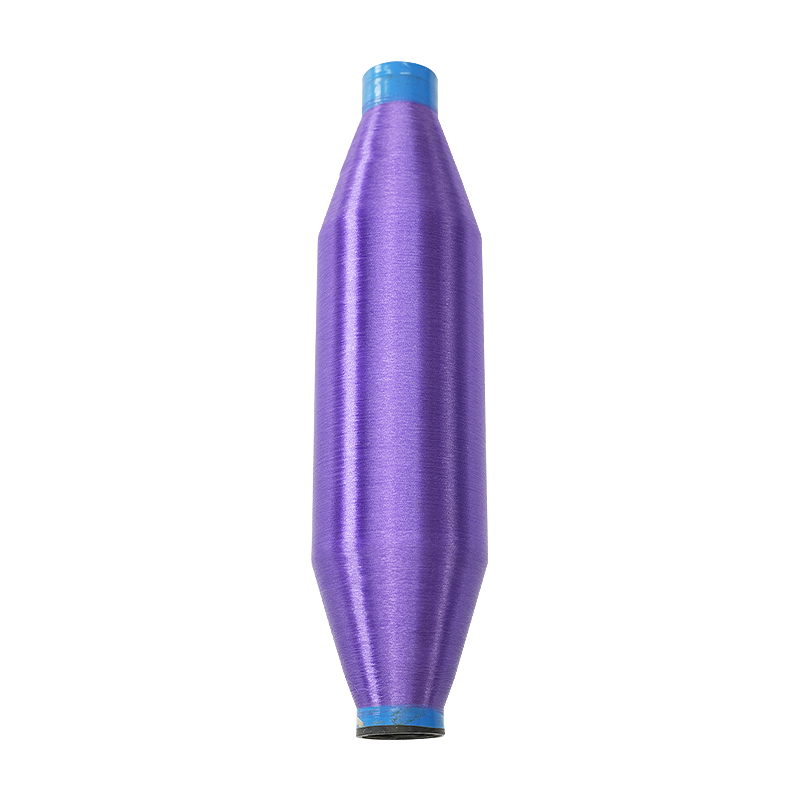
Single Strand Biodegradable Yarn is a single-strand structure, consisting of a single fiber bundle with no multiple strands tangled together. This structure makes the yarn softer, and smoother and exh...
See Details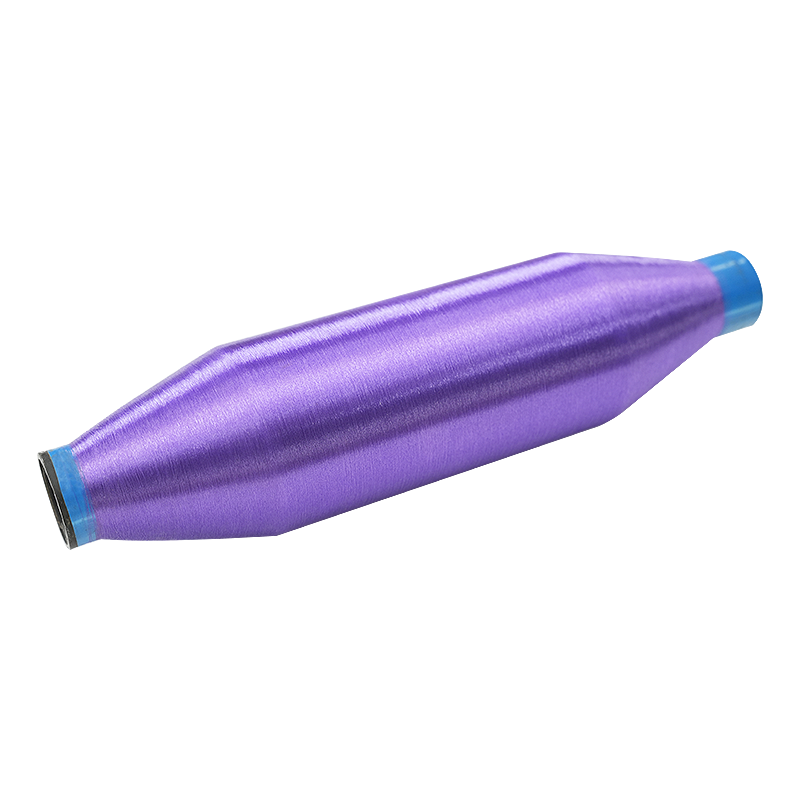
Graphene yarns can be produced by a variety of methods, including chemical vapor deposition (CVD) and wet spinning. In CVD, graphene is grown directly on a substrate, which is then removed to obtain g...
See Details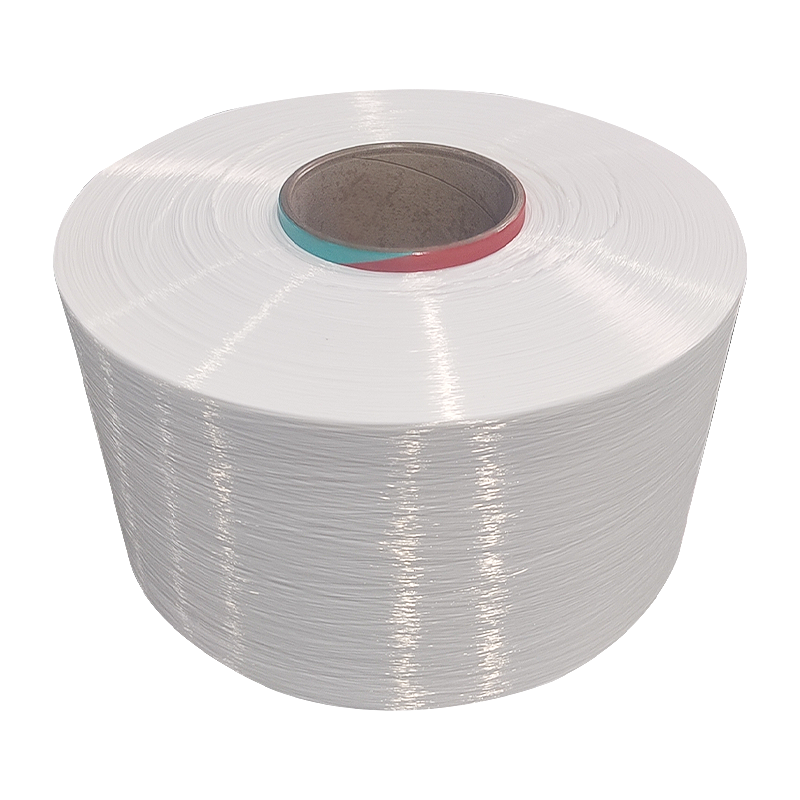
300D Nylon Mother Yarn is made of nylon material, a synthetic fiber with abrasion resistance, strength and durability. It is therefore suitable for manufacturing various types of textiles, such as clo...
See Details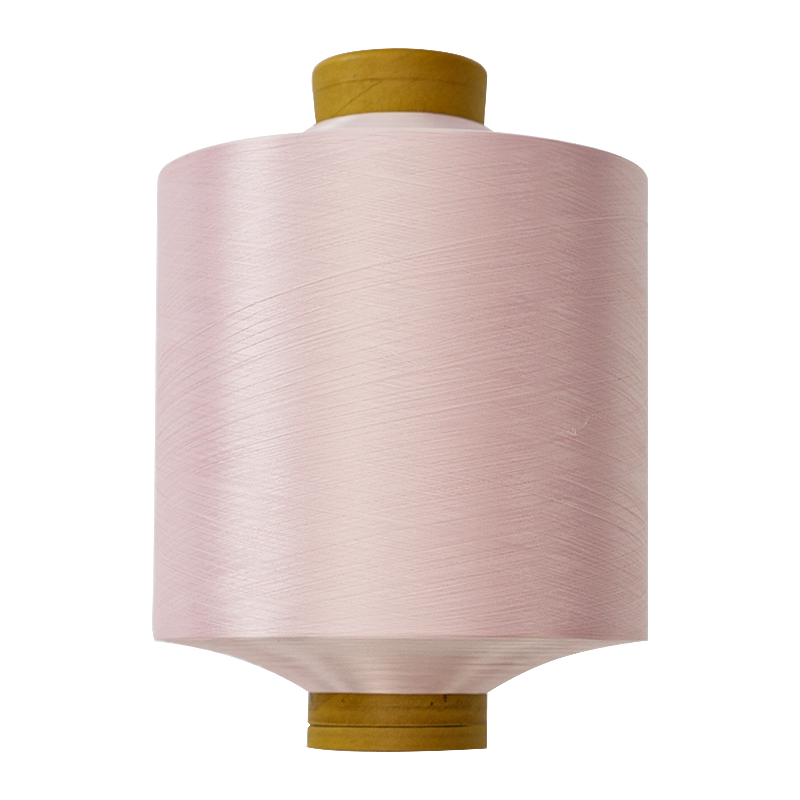
Nylon Elastic Yarn has elasticity and can quickly return to its original shape after stretching. This high elasticity makes the fabrics stretchable and comfortable. Nylon material has good wear resist...
See Details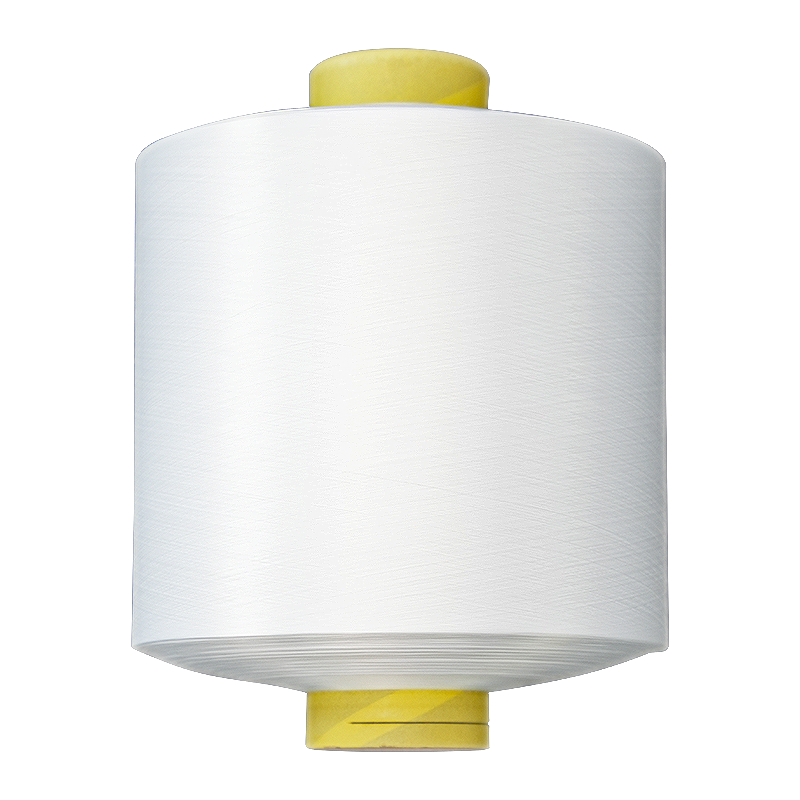
Nylon stretch sportswear yarn is a yarn used to make sportswear and other clothing that require high breathability. Nylon fiber has good breathability, which helps to wick away perspiration and keep t...
See Details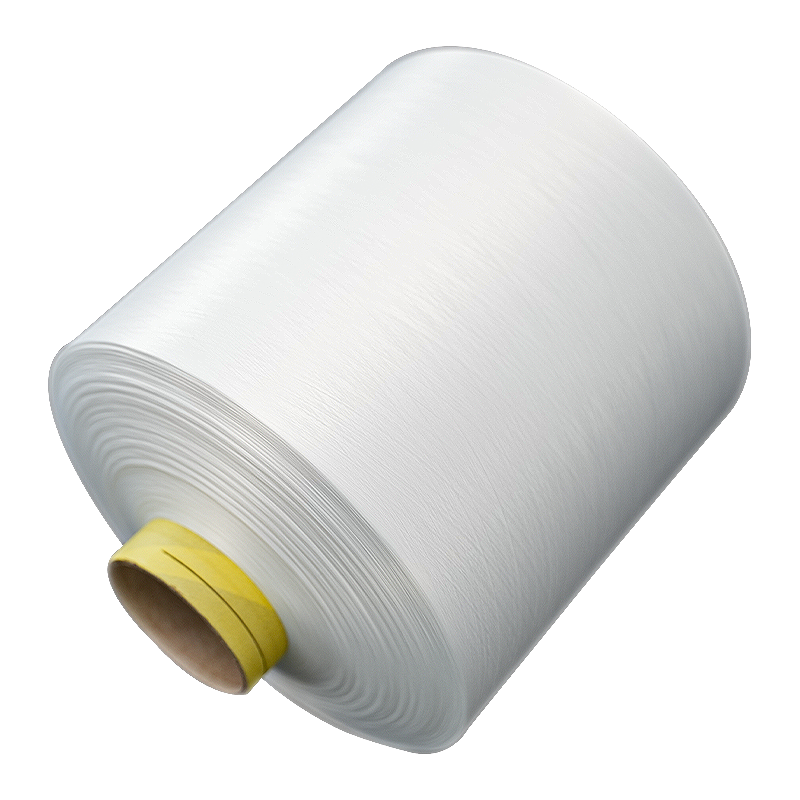
Nylon elastic yarn for textile use has a wide range of applications. Nylon elastic yarn is suitable for the manufacture of various textiles, such as underwear, socks, sportswear, swimwear, elastic fab...
See Details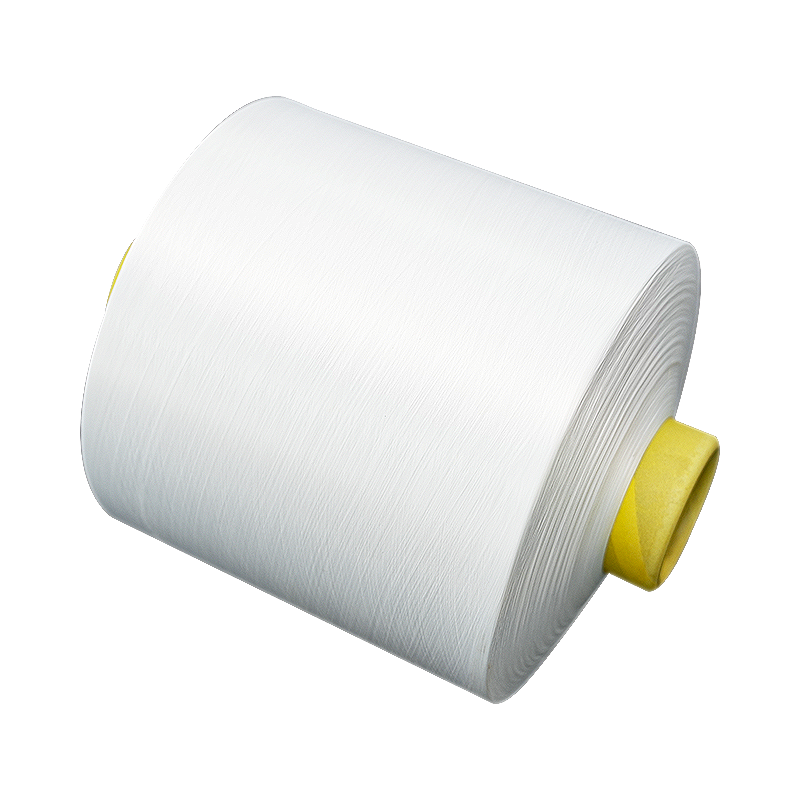
100D Nylon Elastic Yarn has a moderate thickness and good dyeing properties, which can achieve uniform and durable dyeing effects, making textiles bright and long-lasting in color. A yarn frequently u...
See Details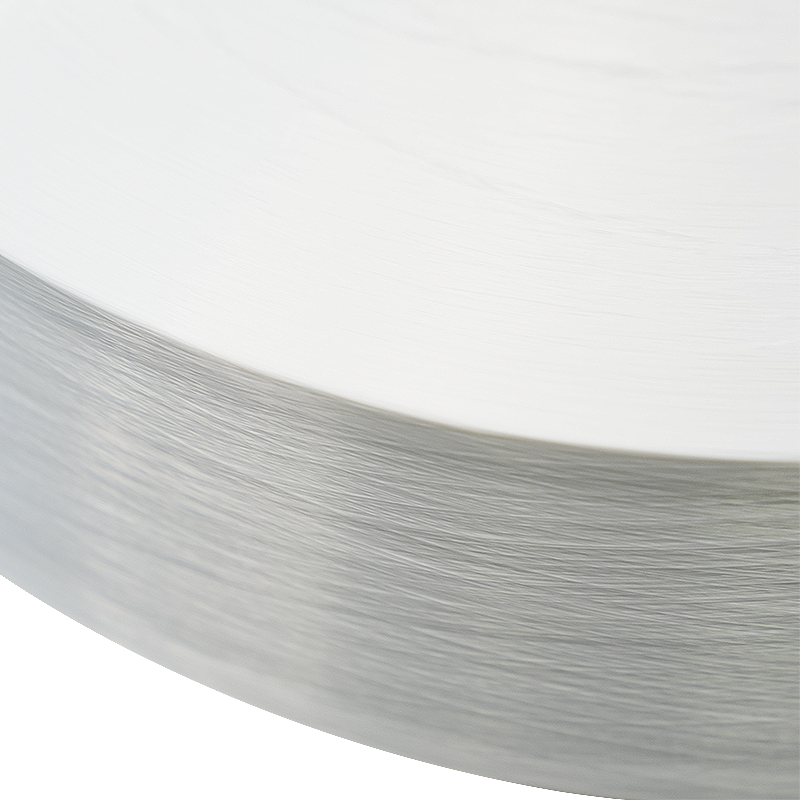
210D Polyester Nylon Composite FDY yarn is a composite fiber yarn. FDY is a mixture of polyester and nylon fibers. It combines the advantages of the two fibers, the abrasion resistance of polyester an...
See Details
210D Permanent Cooling FDY Yarn is suitable for the manufacture of various textiles, such as sportswear, outdoor equipment, household items, etc. Textiles made of this material often have good breatha...
See Details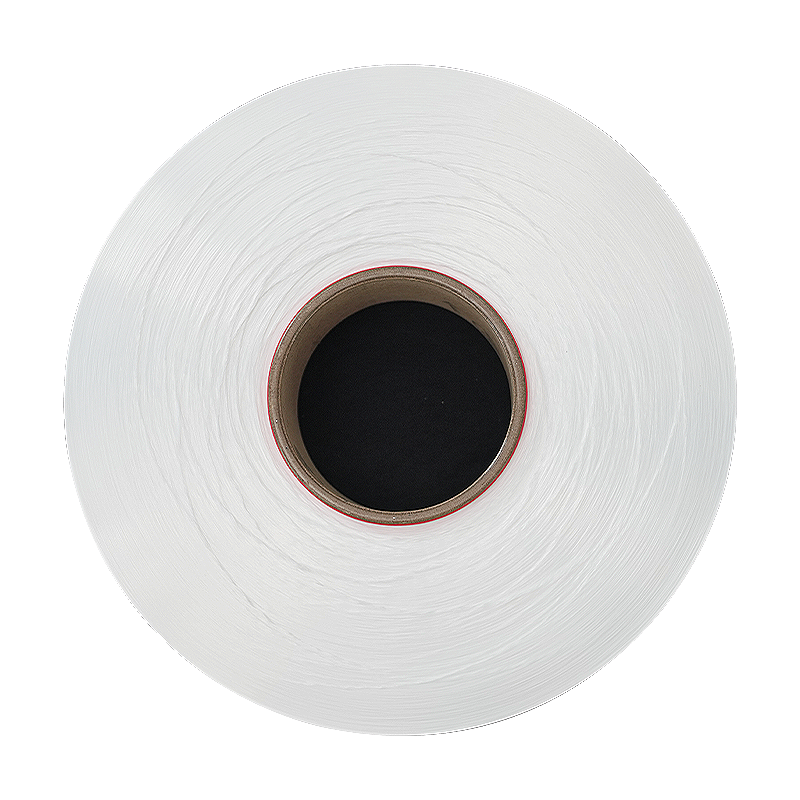
High shrinkage blended polyester yarn has a high shrinkage rate and is suitable for textile manufacturing that requires shrinkage treatment, such as making pleated fabrics or textile shaping. Because ...
See Details
Composite woven FDY yarn mixes different types of fibers and has good wear resistance. The fabric made is not easy to wear and is suitable for long-term use. Composite woven FDY yarn has a wide range ...
See Details
Water-repellent high Filament spun yarn has strong water resistance, providing an extremely delicate touch while retaining strength. Suitable for a wide range of applications from intricate embroidery...
See DetailsAddress: Duntou industrial park, haian county, nantong city,jiangsu province ,China.
TEL: +86 15850491859
E-mail: sales-betty@hsnylon.com
If You Are Interested In Our Products, Please Consult Us